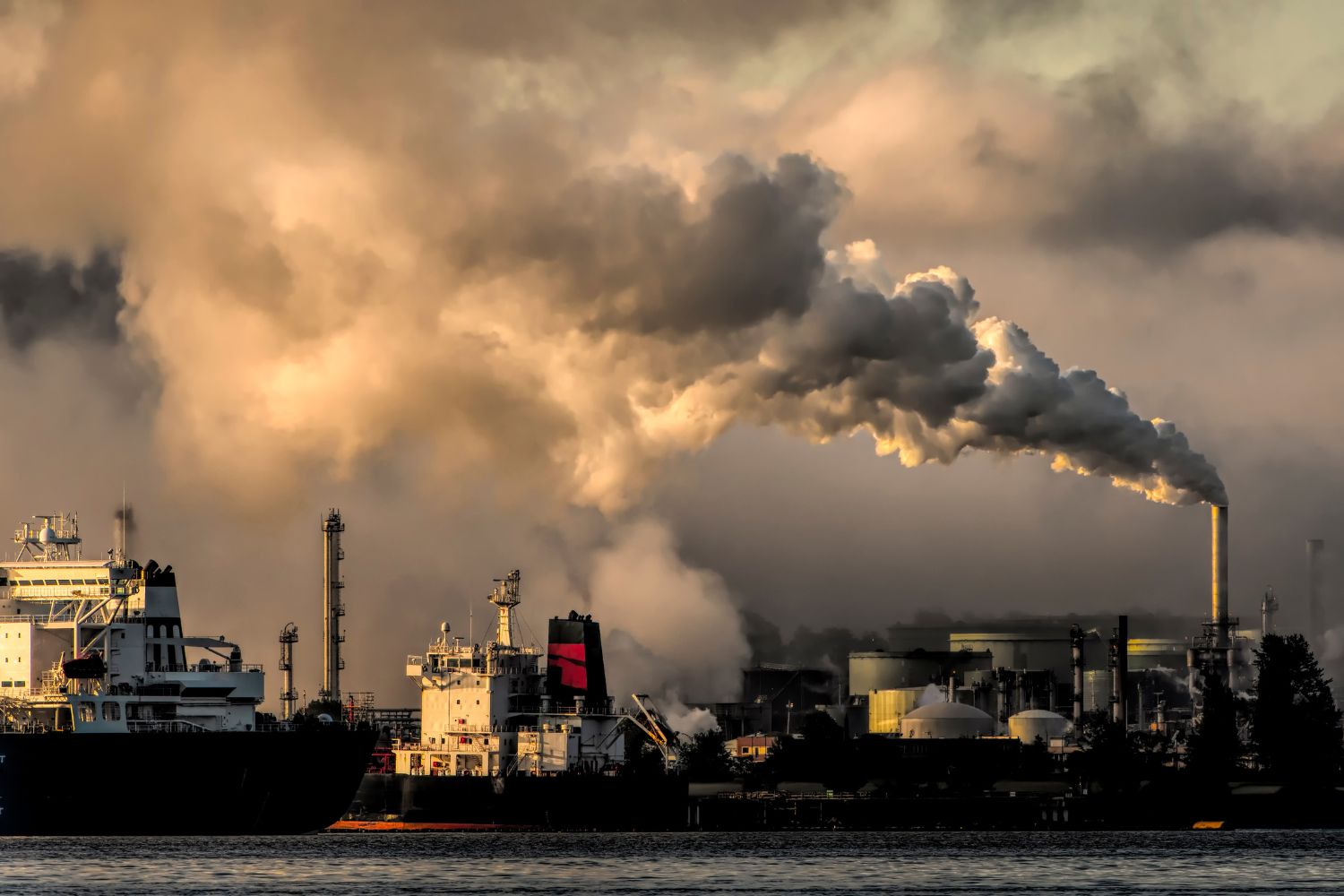The latest edition of the "Carbon Majors" report raises the alarm: a few dozen companies, mainly in the fossil fuel sector, dominate the global CO2 emissions landscape. Discover the names of the biggest polluters, their impact on the climate and the urgent need for a transition to a decarbonized economy

@Canva
Envision a world where just 36 businesses are the only ones capable of deciding the future of the world. Sounds like fiction, but that’s what the new “Carbon Majors” report uncovers. In 2023, these 36 companies—energy giants Saudi Aramco, Coal India, ExxonMobil, and Shell—released over 20 billion tons of CO2 into the air, accounting for half of emissions. This blunt statistic offers us a choice: continue along the business-as-usual path, or take a radical turn to avoid a climate catastrophe.
InfluenceMap, the organization that released the report, analyzed the track records of 169 major oil, gas, coal, and cement companies, presenting a message we can’t afford to dismiss.
What are the “super-polluters”?
The list is dominated by state-owned giants, with a robust presence of Chinese majors. A few of the best-known names are China Energy, National Iranian Oil Company, Russian Gazprom, and Adnoc of the UAE. Private giants also feature on the list, including Brazil’s Petrobras and Eni of Italy.
A devastating impact
To get a sense of the size of the problem, remember that if Saudi Aramco were a country, it would be the fourth-largest emitter in the world, after China, the United States, and India. ExxonMobil’s emissions alone are equivalent to those of Germany, the ninth-largest emitter.
These breathtaking figures help to put in perspective the disproportionate contribution of a handful of big companies to the climate emergency. While governments around the world are struggling to reduce emissions, these titans of industry keep ratcheting up the release of ever more fossil fuels, ignoring entreaties from the scientific community and rising demands from public opinion.
The imperative for an urgent course correction
The “Carbon Majors” report not only indicates the issue but also emphasizes the imperative need for a change in direction. The goal of the Paris Agreement—to reduce global emissions by 45% by 2030—is fast disappearing over the horizon unless drastic action is taken to ensure the largest polluters are held accountable.
“They just continue to make the world depend on fossil fuels with no intention of hitting the brakes on production,” said Christiana Figueres, former UN climate chief. “Instead, we need to move towards the many opportunities that a decarbonized economic model provides for people and the planet.”
Public pressure and legal actions
The “Carbon Majors” data has already been used as evidence in several court cases against fossil fuel firms, who have been accused of bringing about climate change and deceiving investors over the environmental consequences of their activities. There is growing public pressure, with more and more people demanding that governments intervene and control the fossil fuel sector and promote the transition to renewable energy sources.
Below is the full list.
